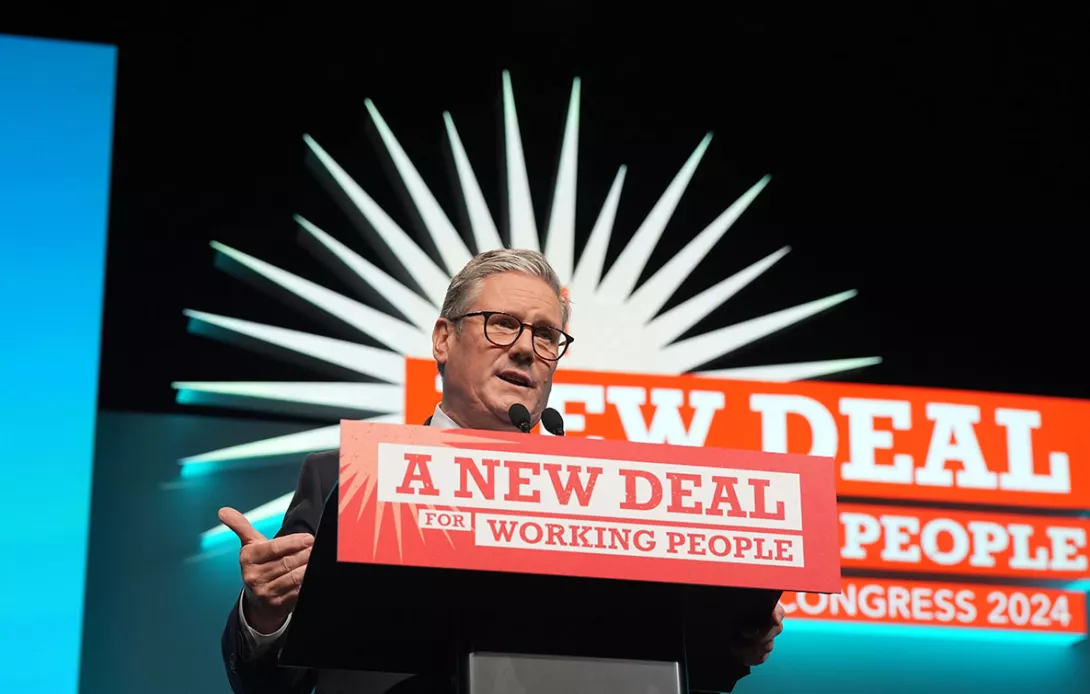The proxy war in Ukraine is heading to a denouement with the US and Russia dividing the spoils while the European powers stand bewildered by events they have been wilfully blind to, says KEVIN OVENDEN
If Labour wants to succeed, it must champion workers – starting with its own
There is no stronger economy without the stronger wages that provide extra disposable income, which is why workers – including civil servants – must have their pay boosted in real terms, along with restored union rights and insourcing, says FRAN HEATHCOTE

THIS is the first TUC Congress with a Labour government for 15 years. Every union will be glad to see the back of the last government, which attacked trade union rights and drove down workers’ wages.
But we cannot be complacent. The new government has promised a “painful” Budget in just a few weeks’ time and warned of “tough choices” — which has historically proven to be code for misery to be heaped on working-class people.
The Budget, and the Comprehensive Spending Review that follows, will tell us a lot about the true nature of this Labour government. So far the signs have been mixed.
More from this author
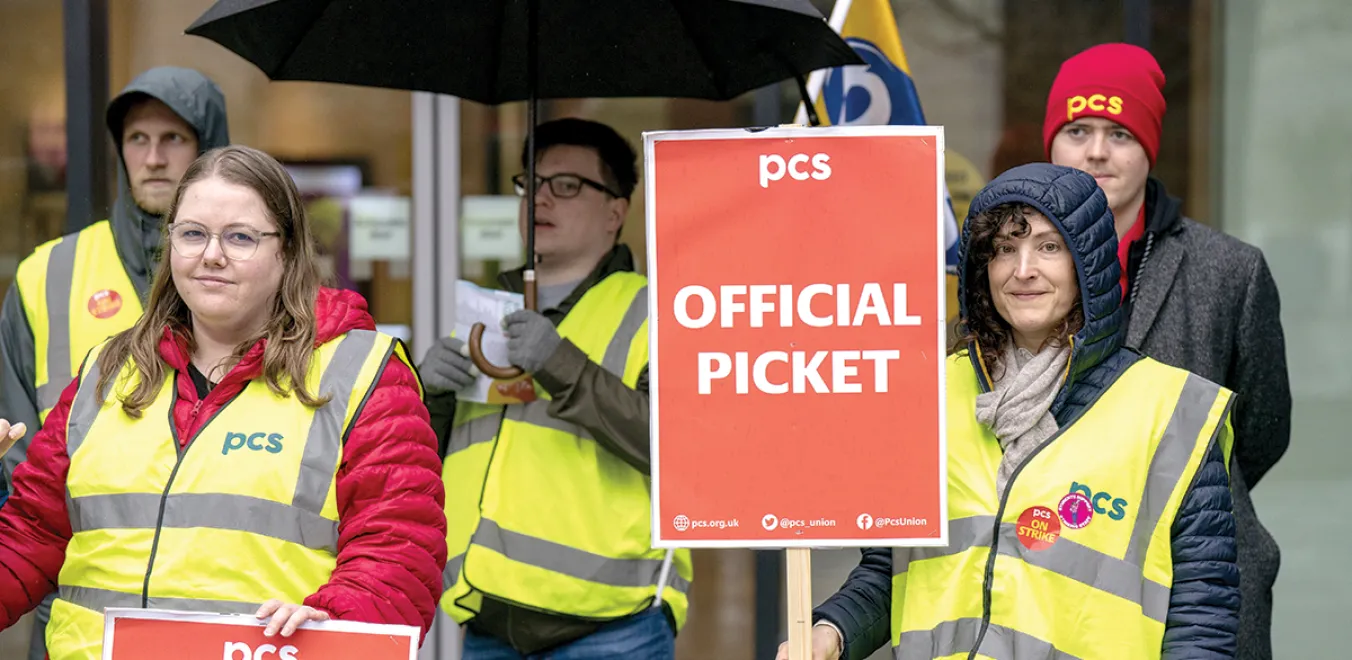
As Labour takes power, PCS general secretary FRAN HEATHCOTE urges solidarity to push for workers’ rights and calls for pension justice and job security after years of Tory attacks on civil servants

The outrageous minimum service levels legislation has been brought in to break the growing momentum of our movement — but these attacks won’t work, writes PCS general secretary FRAN HEATHCOTE
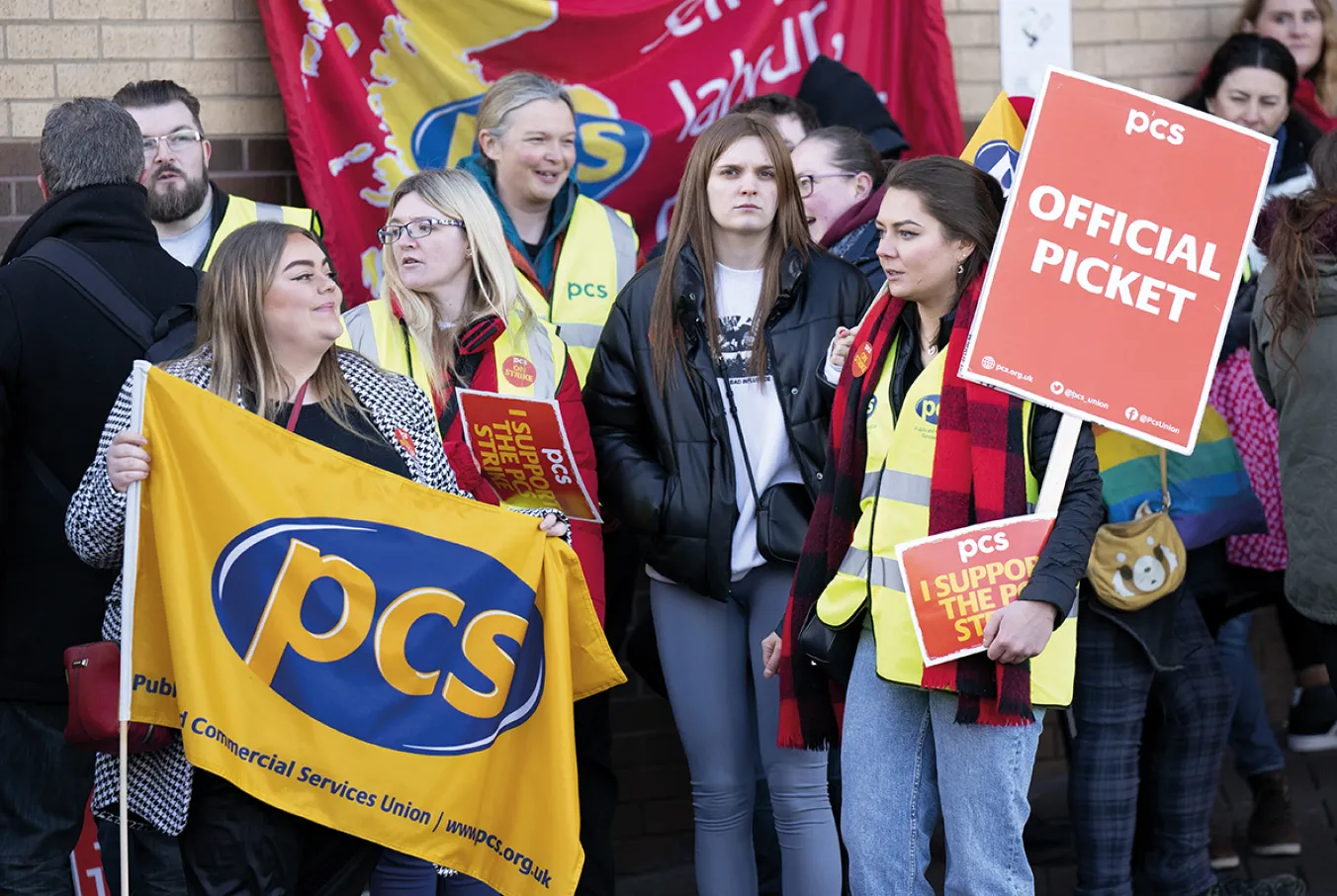
New PCS general secretary FRAN HEATHCOTE talks about the women who reshaped the cause of labour
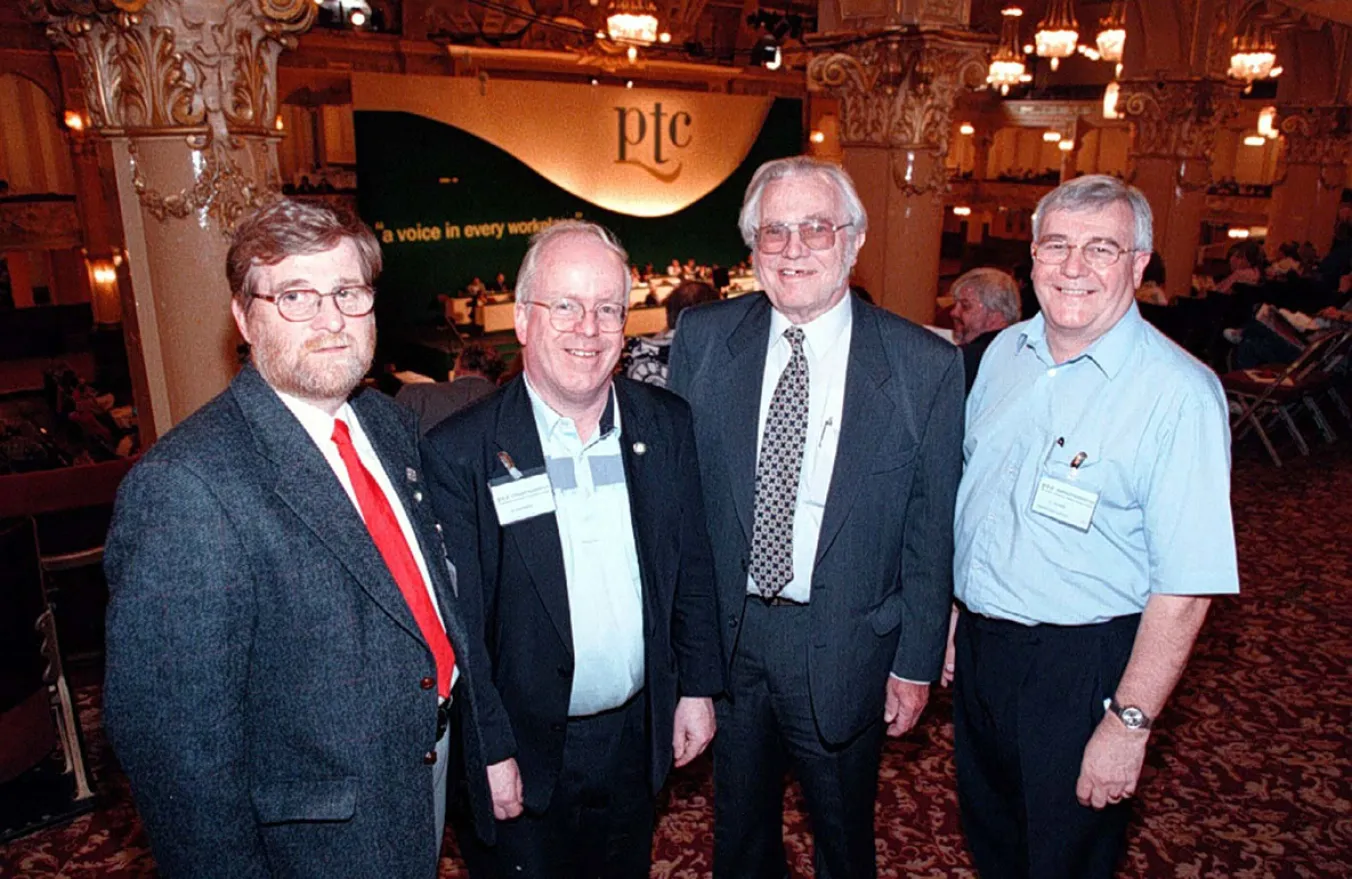
PCS leader FRAN HEATHCOTE draws the parallels between a major trade union rights battle 40 years ago and the fight we have ahead of us today
Similar stories
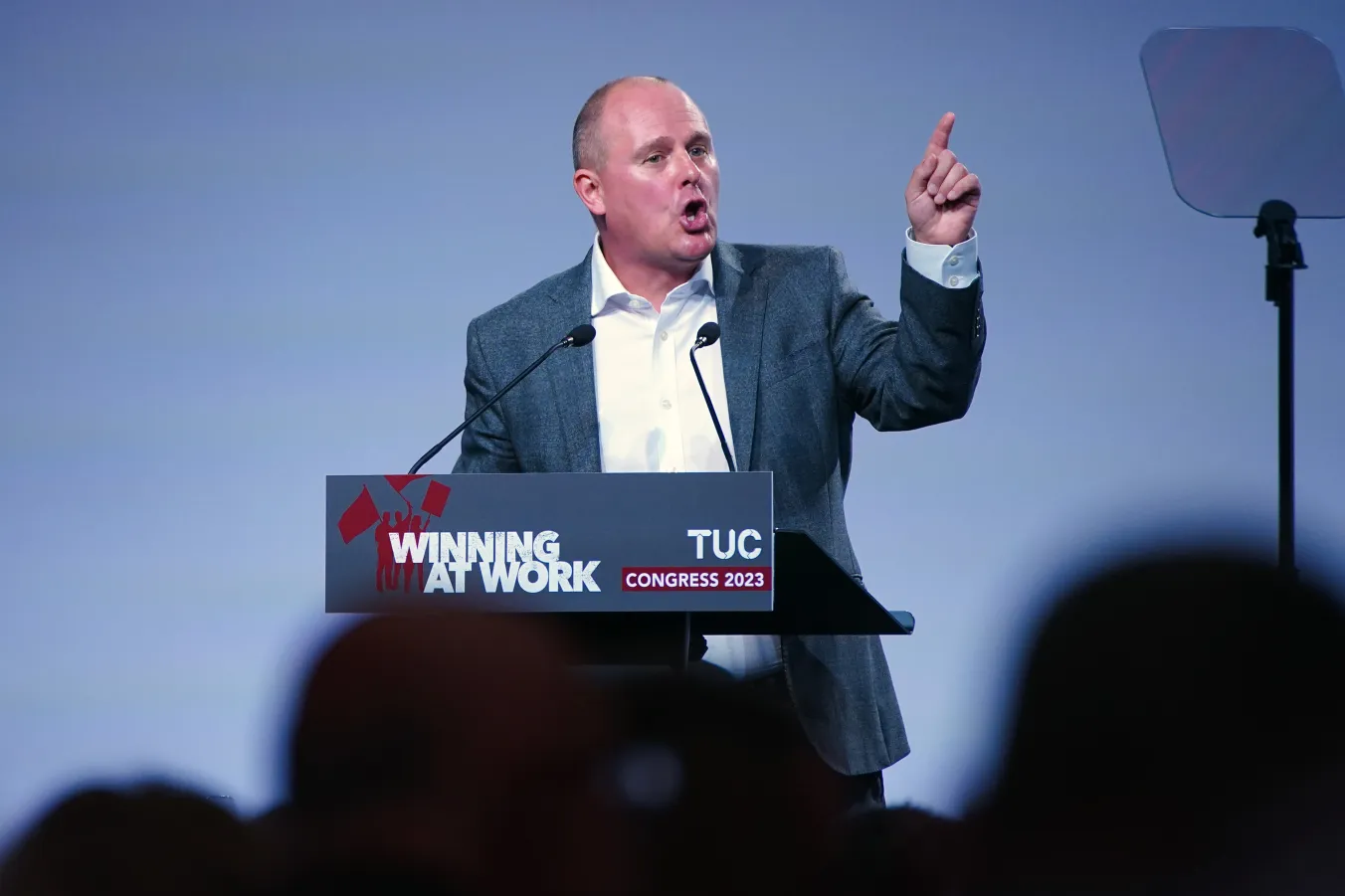
Ahead of TUC Congress, Berny Torre talks to general secretary PAUL NOWAK about the importance of making sure the first Labour government in 15 years delivers on the New Deal For Workers; reform of the broken universal credit system; and the tragedy of migrants drowning in the Channel
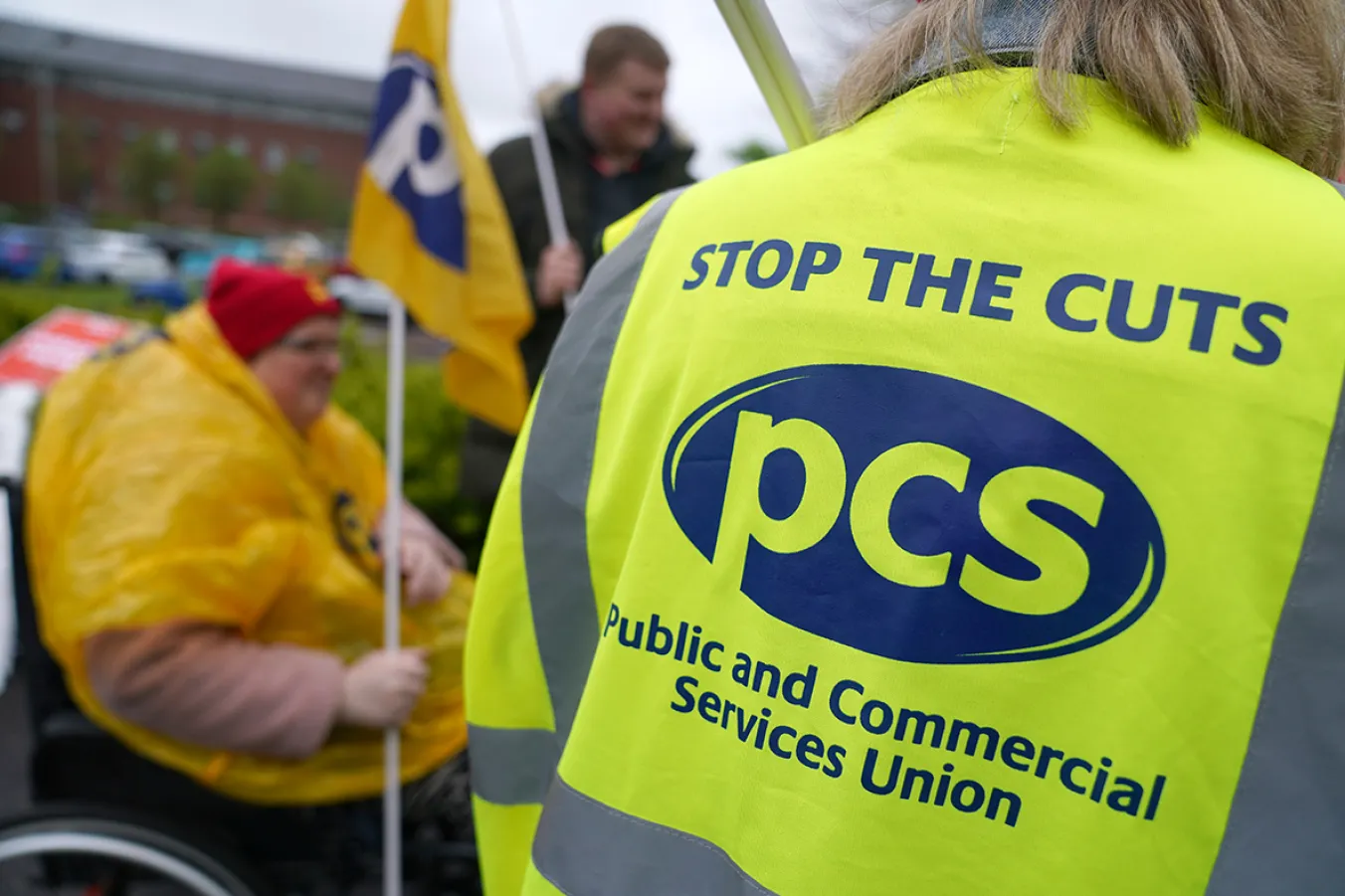
Civil Service wages are appallingly low, with our members’ pay unable to keep pace with even just the basics, warns FRAN HEATHCOTE










